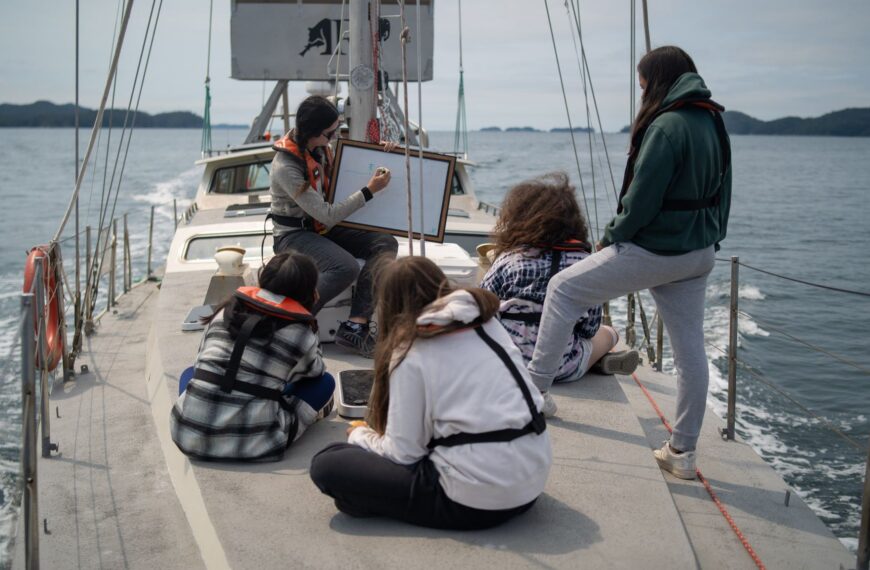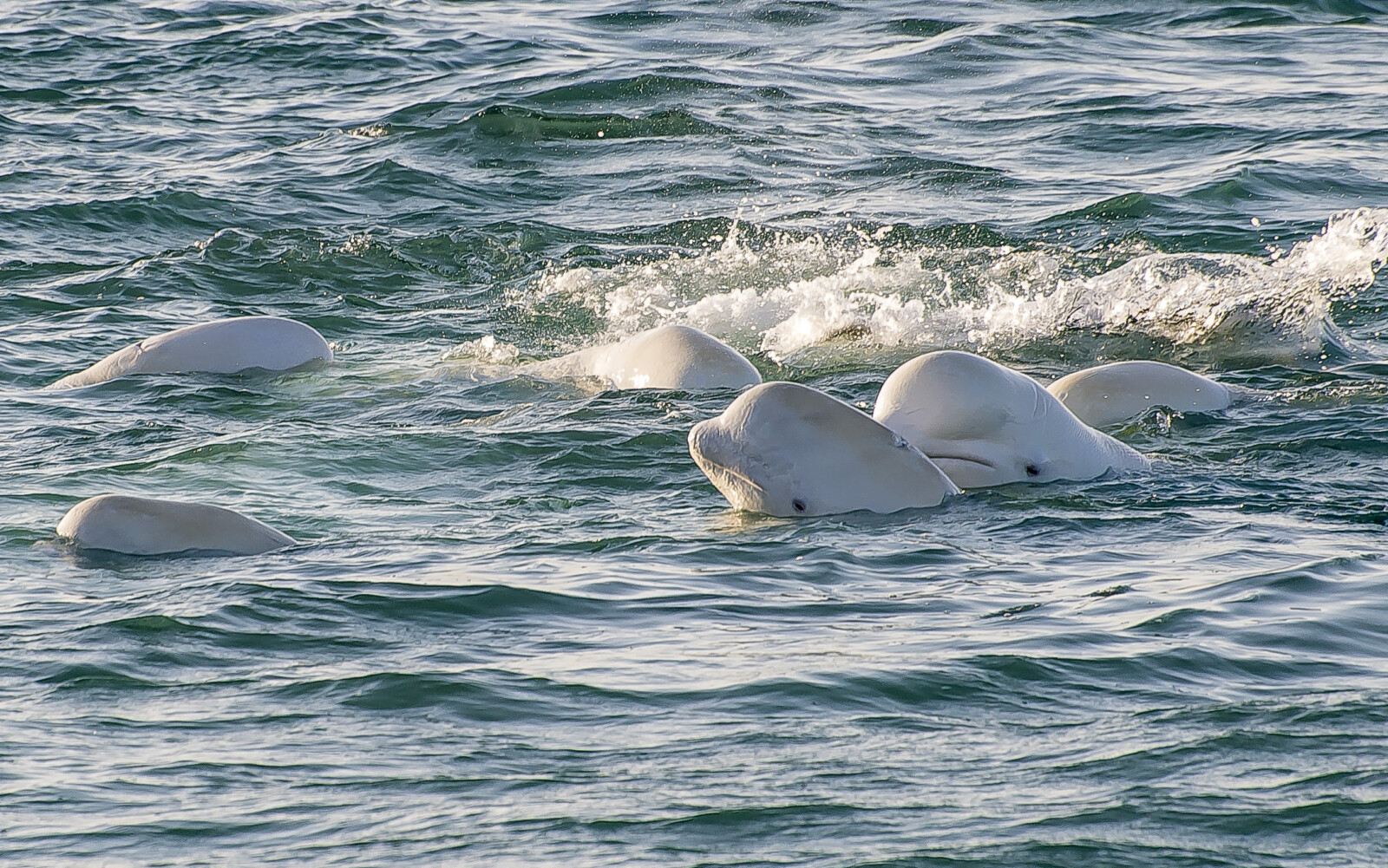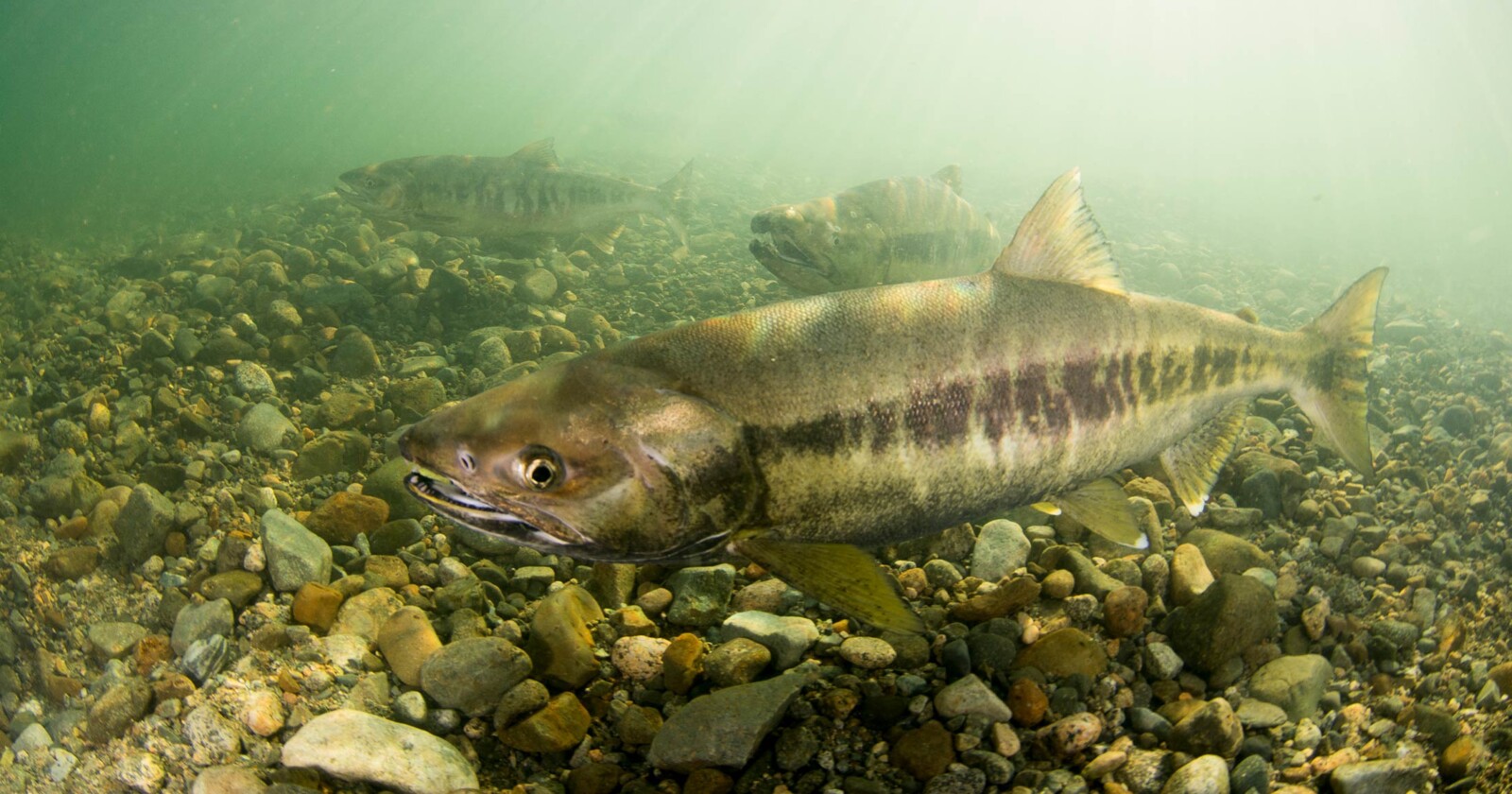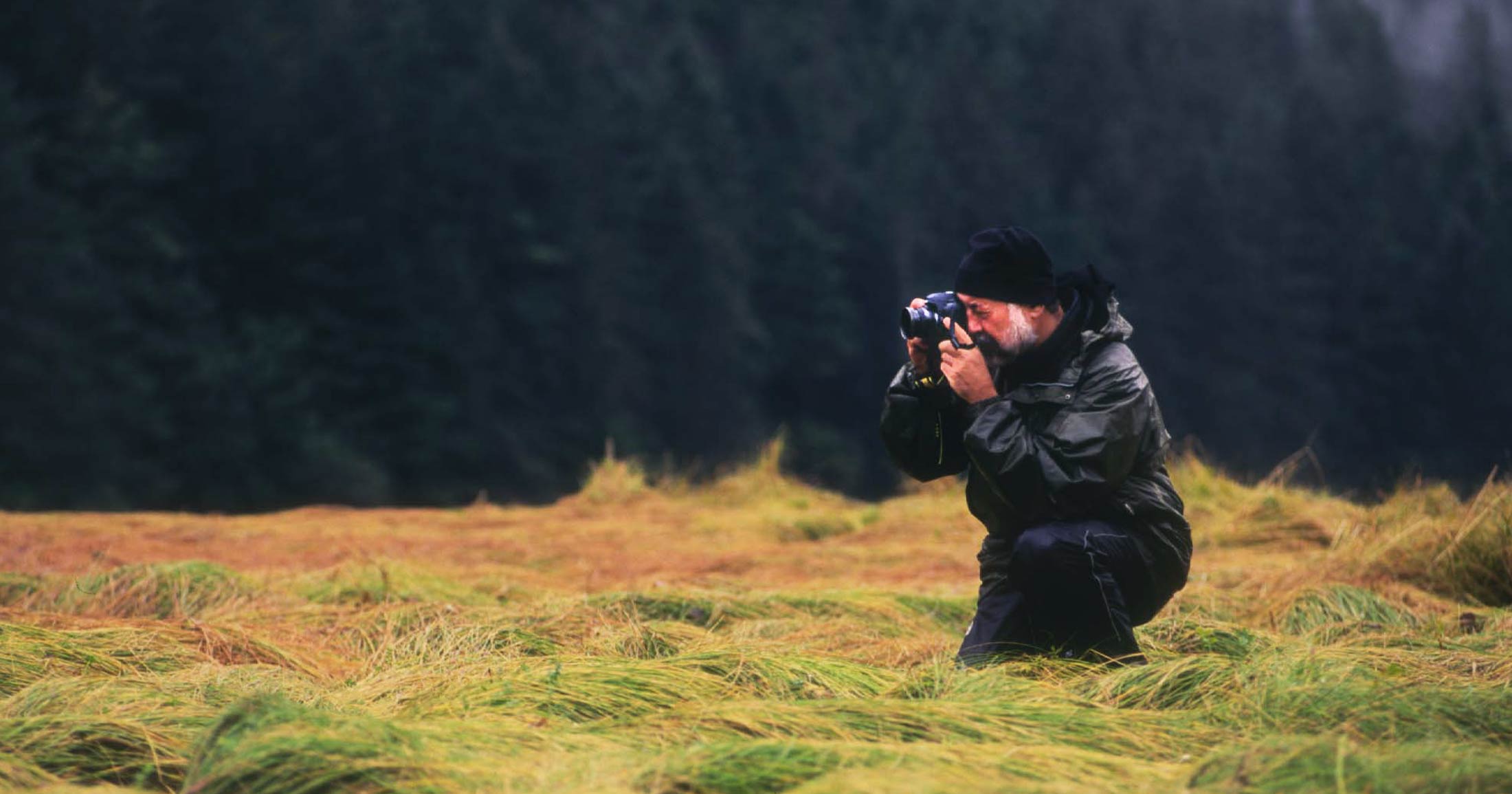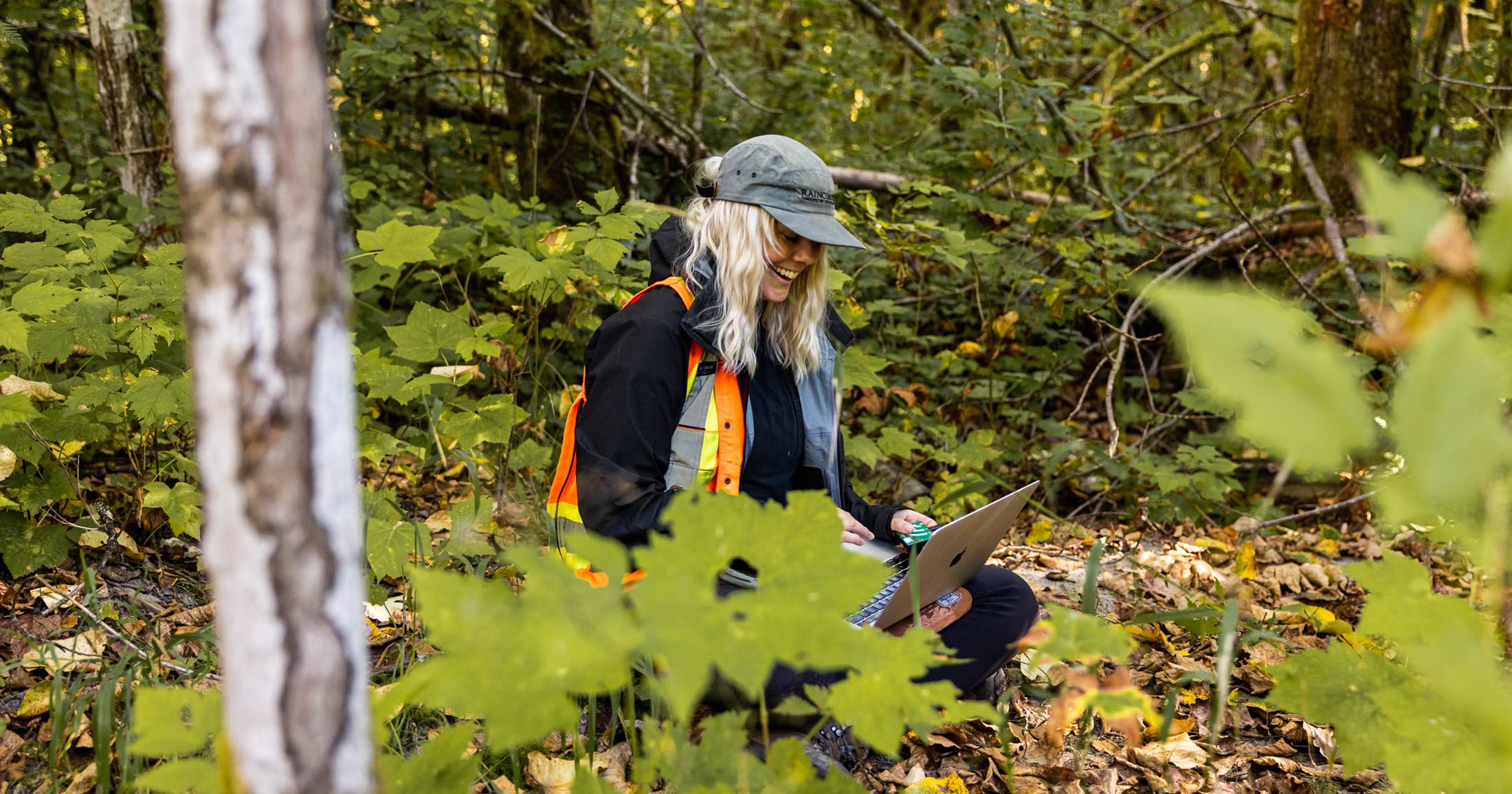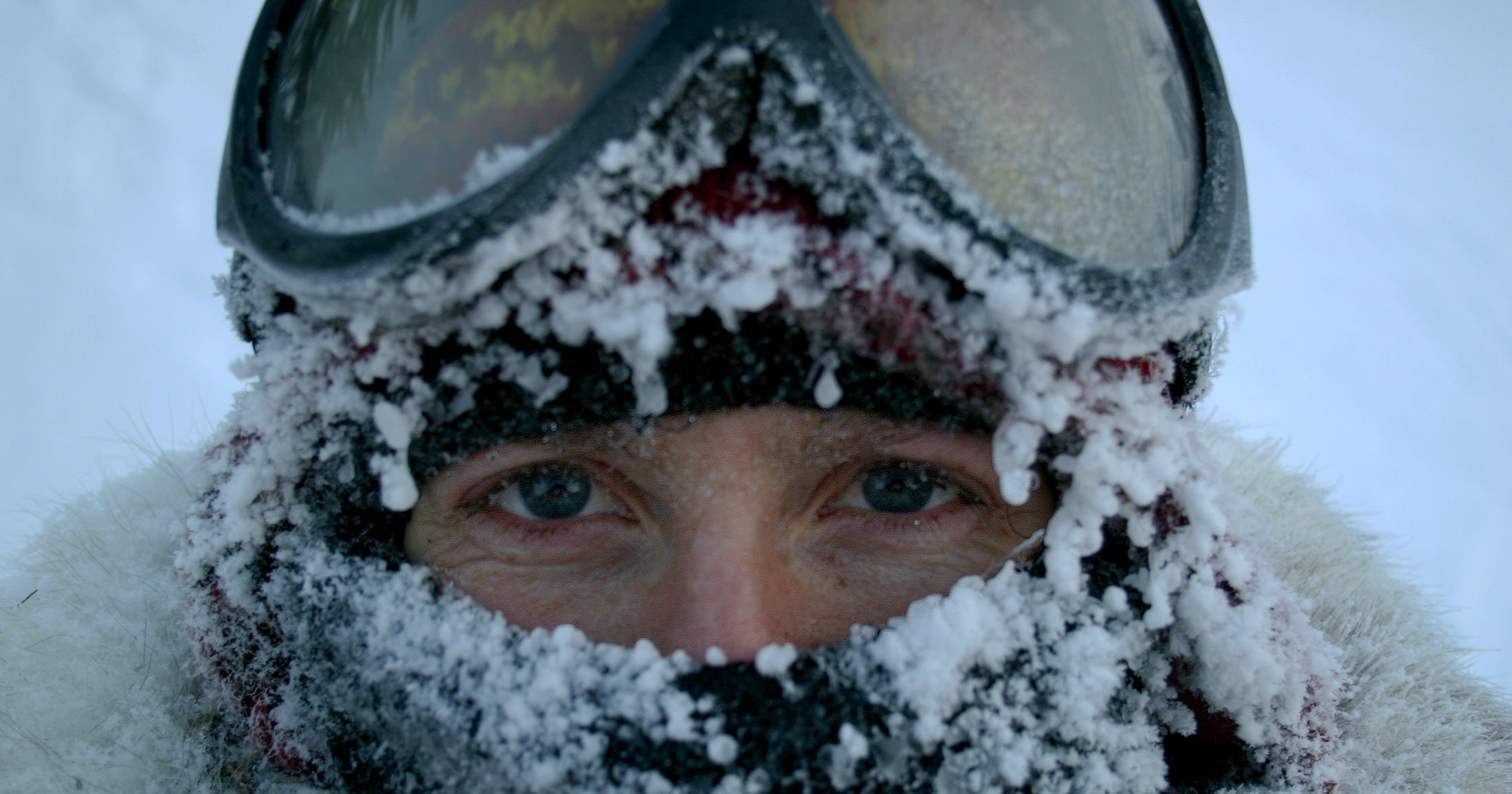Humans are unsustainable super-predators
Our behaviour is unique — and uniquely harmful — compared to other animals
BY RANDY SHORE, VANCOUVER SUN AUGUST 20, 2015
Humans have emerged as a unique class of “super-predators,” exploiting other animals in ways seldom seen in the natural world, according to a new report by researchers at the University of Victoria.
And the combination of “wickedly efficient killing technology” and short-sighted resource management is particularly bad news for nearly every species on Earth, said lead author Chris Darimont, Hakai-Raincoast conservation scholar at UVic.
In short, we don’t hunt like other hunters, we don’t consume like other animals and we tend to kill at rates many times higher than other top predators.
A number of events in our development as a species have changed our place in the animal kingdom, said Darimont, who is also science director for the Raincoast Conservation Foundation.
The development of projectile weapons vastly reduced the risk associated with hunting, allowing us to kill from a relatively safe distance…
To read the full article please visit the Vancouver Sun website.
You can help
Raincoast’s in-house scientists, collaborating graduate students, postdoctoral fellows, and professors make us unique among conservation groups. We work with First Nations, academic institutions, government, and other NGOs to build support and inform decisions that protect aquatic and terrestrial ecosystems, and the wildlife that depend on them. We conduct ethically applied, process-oriented, and hypothesis-driven research that has immediate and relevant utility for conservation deliberations and the collective body of scientific knowledge.
We investigate to understand coastal species and processes. We inform by bringing science to decision-makers and communities. We inspire action to protect wildlife and wildlife habitats.



